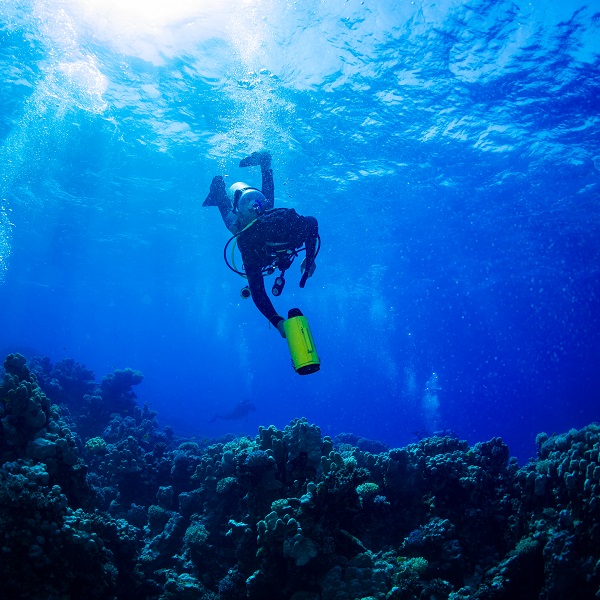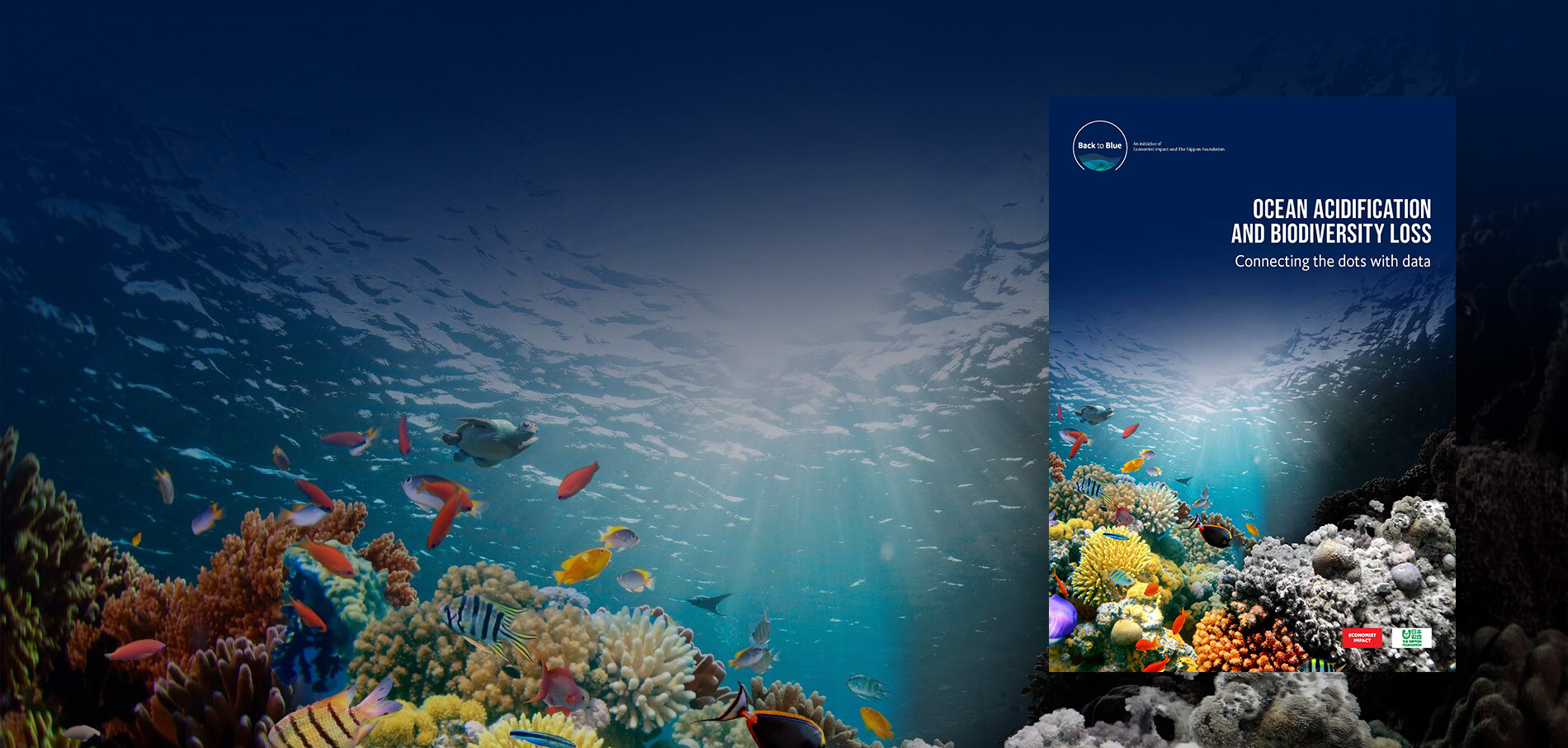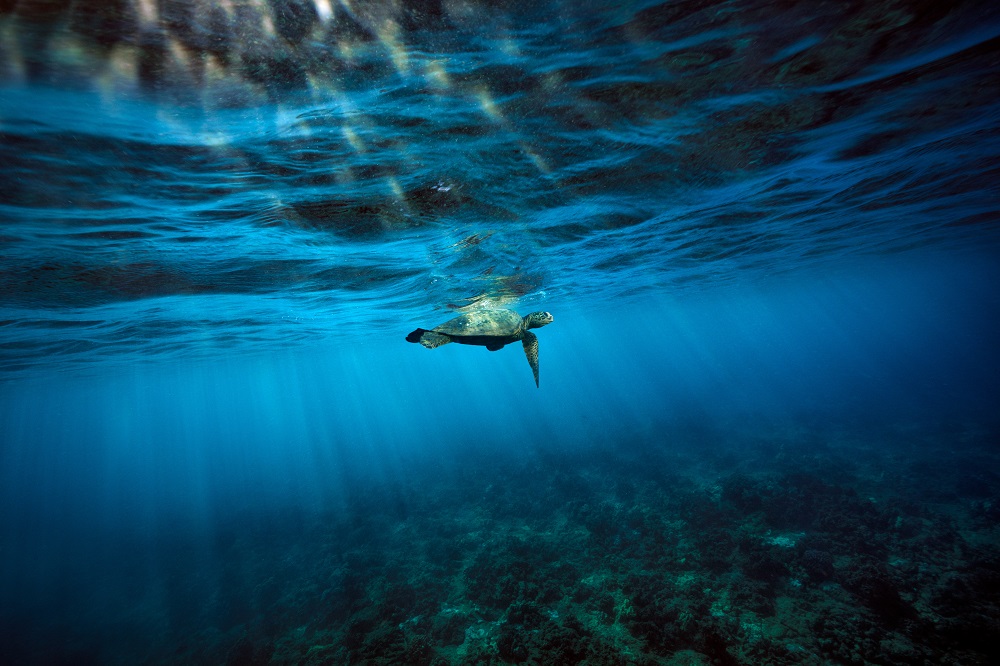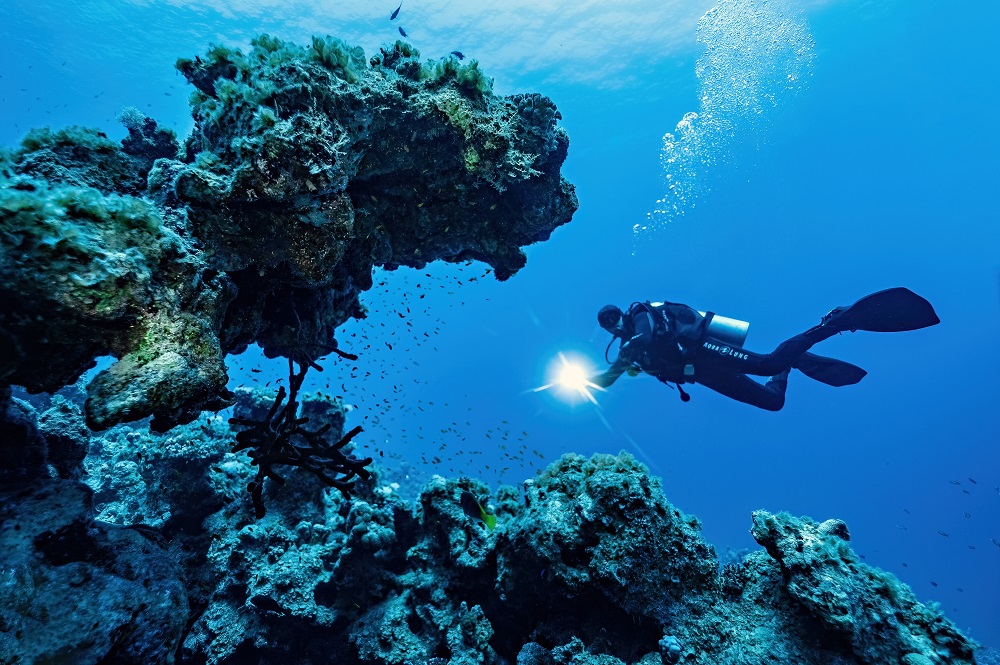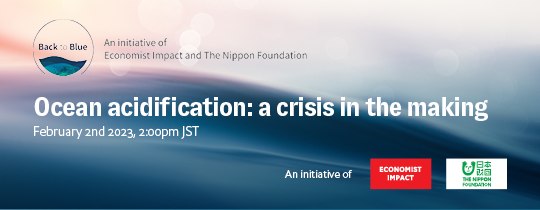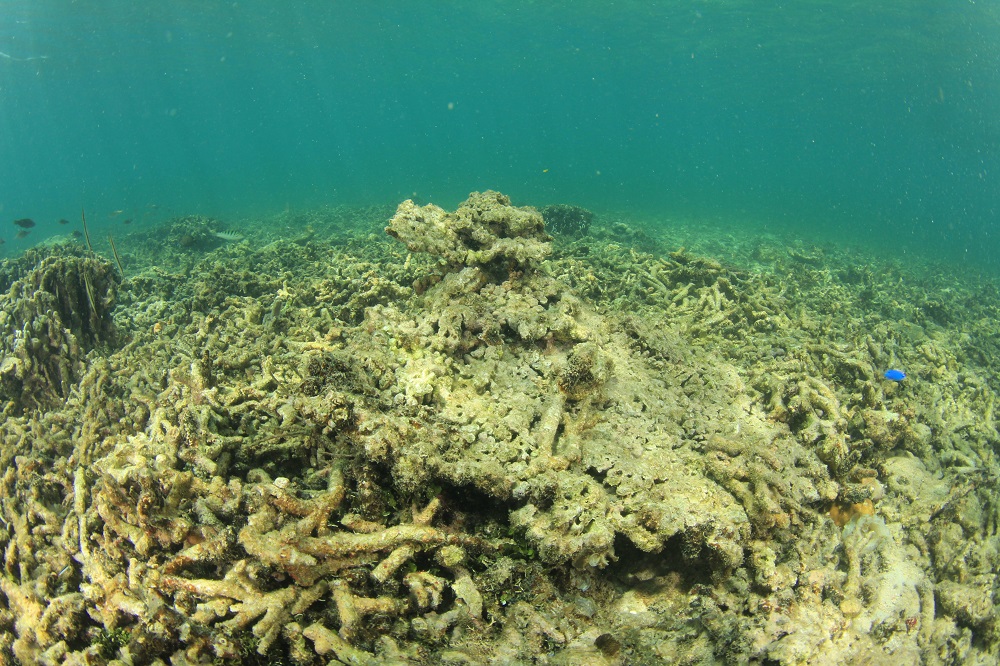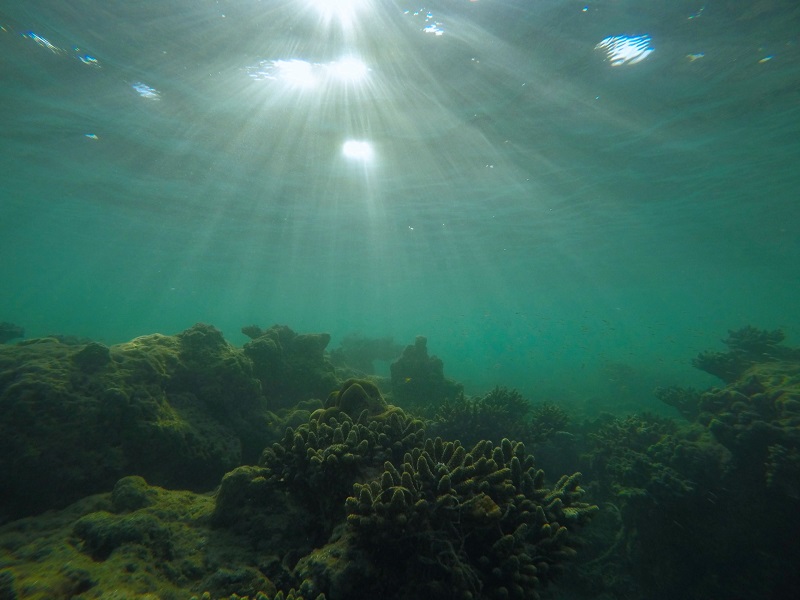AFFILIATED CONTENT
This article was edited by Adam Green from a press release provided by Ocean Acidification Research for Sustainability Programme
Ocean acidification—the ongoing decrease in ocean pH caused by human CO2 emissions, such as the burning of fossil fuels—is having detrimental impacts on many important marine species including corals, shellfish and plankton. The consequences are globally recognised, with the UN’s Sustainable Development Goals (SDG) including a target calling to ‘Minimize and address the impacts of ocean acidification, including through enhanced scientific cooperation at all levels’.
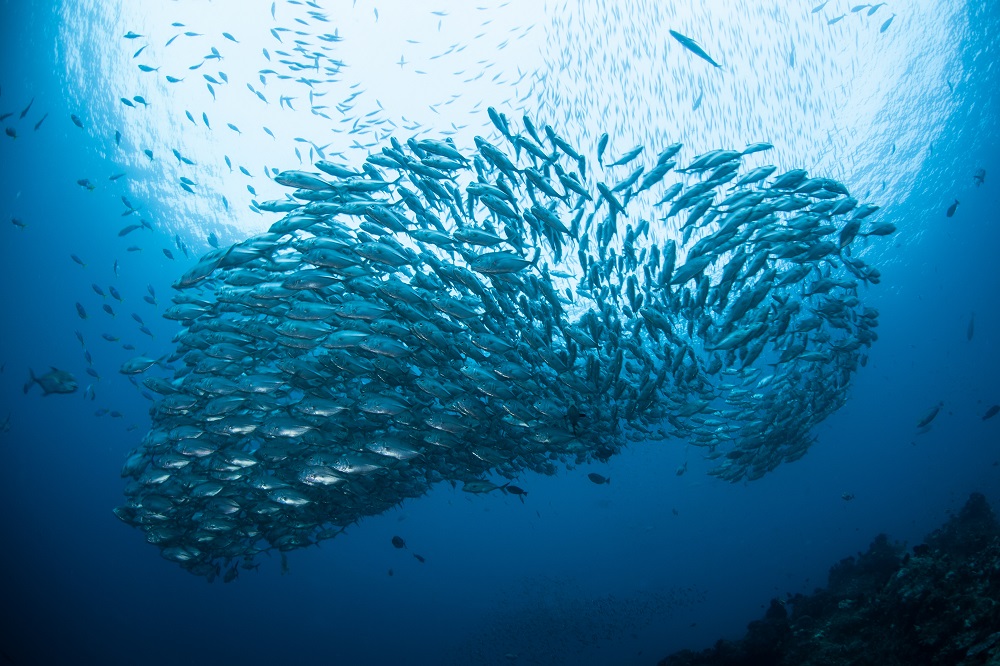
Building on the work of the Global Ocean Acidification Observing Network and the broader ocean acidification community, the Ocean Acidification Research for Sustainability (OARS) Programme, a UN Ocean Decade programme, is launching a new initiative, inviting anyone, from individuals to global entities, to submit a commitment in one or more of seven key areas. The commitments are designed to improve data quality and sharing and observation and forecasting capabilities, while fostering more collaboration and capacity-building at both the local and the international level.
The commitments span seven areas. First, the scientific community will commit to provide ocean acidification data and evidence of known quality via capacity development, mentoring of early career researchers, facilitating data sharing, growing regional collaborations, and increased communication through meetings and workshops, allowing a holistic analysis considering all stakeholder perspectives.
Second, the ‘science to action’ commitment will identify and prioritise data and evidence needs for mitigation and adaptation strategies at the local and global levels. These needs will be communicated to the scientific and science policy community to ensure science is prioritised. Third, observation strategies will be co-designed and implemented in collaboration with data and information producers and end-users, including addressing those factors limiting data collection. Observation strategies will be proactively designed and implemented to ensure vulnerable areas are adequately monitored. Ocean acidification baseline information will be available for newly developed carbon removal strategies.
Fourth, a commitment to improving understanding the biological impacts of ocean acidification on marine organisms and ecosystems. Biological observation will be implemented within ocean acidification monitoring, improving predictions of vulnerability and resilience at all temporal and spatial scales. Fifth, appropriate, societally relevant predictions and projections of ocean acidification trends and impacts will be available for all ocean ‘users’, employing new technologies such as digital twins, to support adaptation and mitigation strategies. The commitments additionally include public awareness to improve understanding about ocean acidification, its sources, and impacts, achieved via ocean literacy and outreach, and policy engagement, providing strategies and solutions to enable countries and regions to include ocean acidification evidence in their respective policy and legislation.
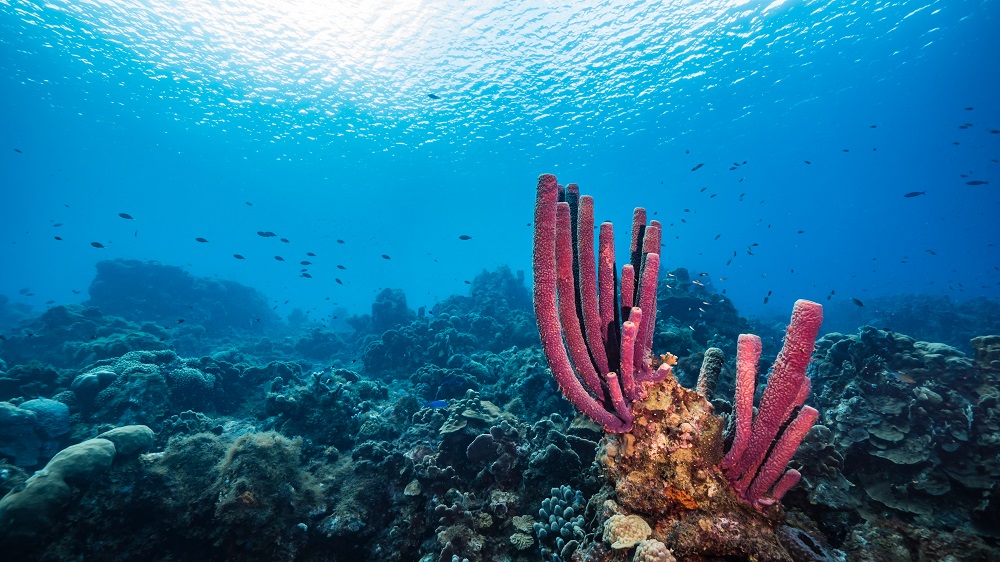
Individuals, organisations, and government bodies are invited to submit commitments via the ‘Your OARS Commitment’ online portal. These will be shared with the ocean acidification community to build a better understanding of what action is being taken around the world, in turn supporting increased partnership working and identifying potential gaps.
Back to Blue is an initiative of Economist Impact and The Nippon Foundation
Back to Blue explores evidence-based approaches and solutions to the pressing issues faced by the ocean, to restoring ocean health and promoting sustainability. Sign up to our monthly Back to Blue newsletter to keep updated with the latest news, research and events from Back to Blue and Economist Impact.
The Economist Group is a global organisation and operates a strict privacy policy around the world.
Please see our privacy policy here.
THANK YOU
Thank you for your interest in Back to Blue, please feel free to explore our content.
CONTACT THE BACK TO BLUE TEAM
If you would like to co-design the Back to Blue roadmap or have feedback on content, events, editorial or media-related feedback, please fill out the form below. Thank you.
The Economist Group is a global organisation and operates a strict privacy policy around the world.
Please see our privacy policy here.




 World Ocean Summit & Expo
2025
World Ocean Summit & Expo
2025 UNOC
UNOC Sewage and wastewater pollution 101
Sewage and wastewater pollution 101 Slowing
the chemical tide: safeguarding human and ocean health amid
chemical pollution
Slowing
the chemical tide: safeguarding human and ocean health amid
chemical pollution Hazardous chemicals in plastics - the discussions at INC
Hazardous chemicals in plastics - the discussions at INC







